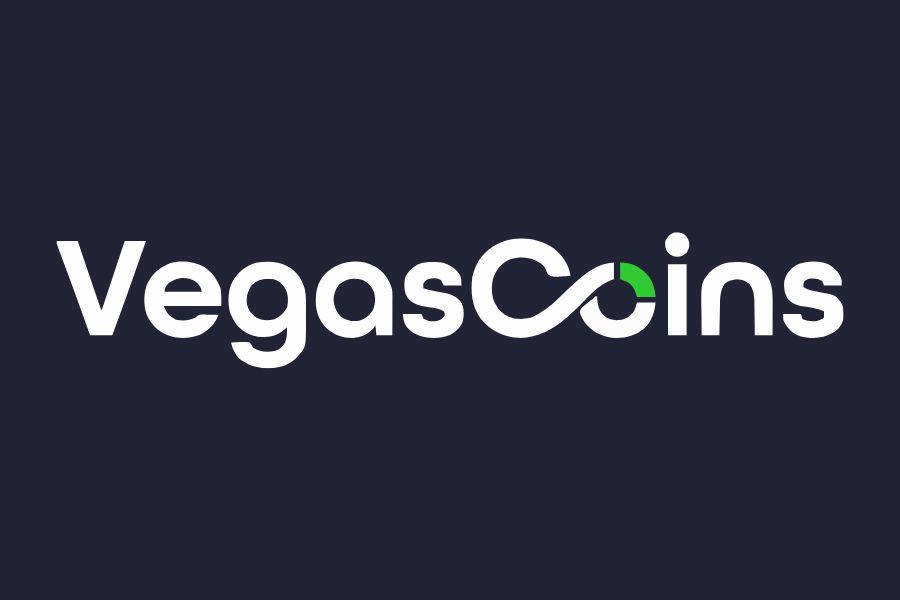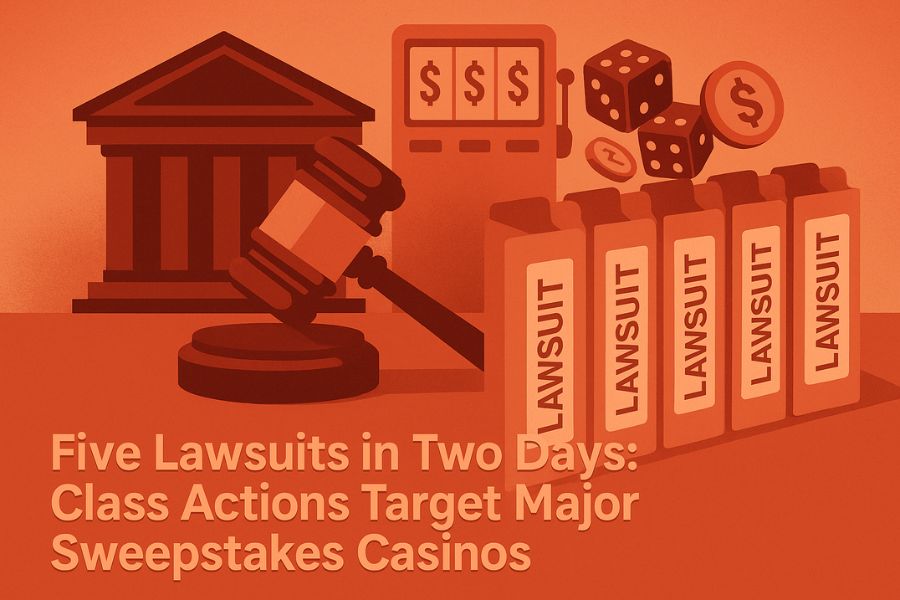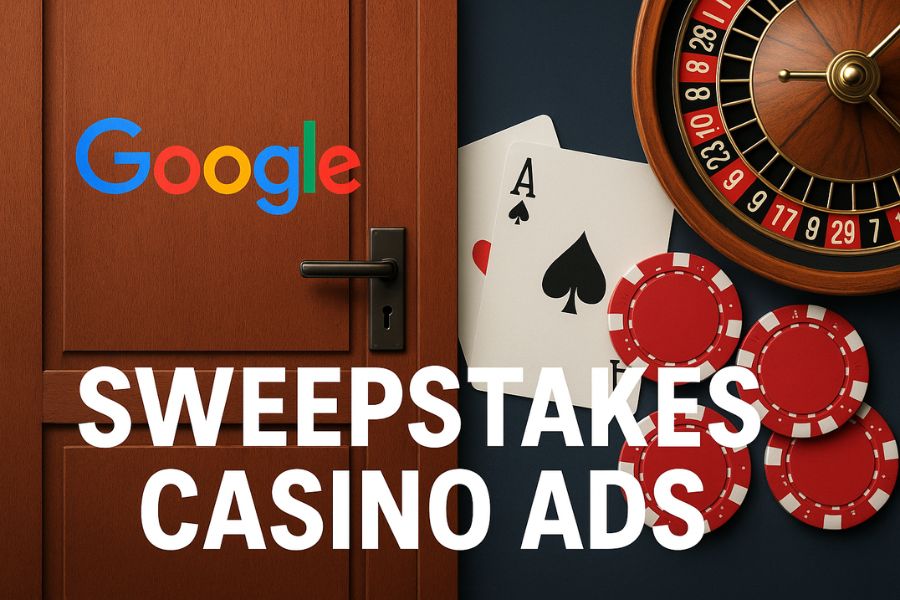More than a dozen new class actions were filed in Utah in recent days, making the state a key focus in a growing fight over sweepstakes casinos.
Plaintiffs say these apps act like real-money gambling by selling virtual coins that can be redeemed for cash prizes, while operators argue their games are legal promotions. Utah’s strict anti-gambling laws — including a rule that lets winners recover double damages — are drawing national attention.
At the same time, Google changed its ad policy on October 28, reclassifying sweepstakes casinos under gambling rules, adding pressure to the industry.
Why Utah, and What’s at Stake
Utah bans all gambling, including lotteries and raffles, and defines gambling broadly as risking “anything of value” on a game of chance. That wide definition gives plaintiffs a path to argue that “Sweeps Coins” or similar tokens are a thing of value because they can lead to cash redemptions.
The state’s law also lets people who lost money on illegal gambling sue for twice their losses, plus attorneys’ fees. That double damages feature is a powerful incentive for class action filings.
In the past week, at least 15 lawsuits were lodged in Utah, with totals crossing 100 cases nationwide this fall. Complaints name major operators across the country, reflecting a fast-rising legal wave aimed at the dual-currency model these sites use.
Plaintiffs claim the model mirrors regulated online casinos, but without state licenses or oversight. Operators, for their part, say their systems are legal because players can obtain play tokens for free and because redemptions are not traditional withdrawals.
For readers: a class action combines many similar claims in one case. If the class wins, recovery is shared among members who qualify. In Utah, a win could mean double the documented losses, which raises both the legal stakes and potential settlement pressure.
What Changes Next for Players and Operators
A big off-the-court shift is Google’s October 28 advertising update. Previously, some sweepstakes casinos were treated like “social casino” games and could run ads if they followed certain rules.
Now, Google classifies these apps as gambling products when virtual items have real-world value. That means tougher requirements and fewer ad paths, which could reduce user acquisition and raise marketing costs for operators.
Legally, expect heavy fights over arbitration clauses and class-action waivers in terms of service. Many new sweepstakes sites require disputes to go to individual arbitration rather than court. Courts sometimes enforce those clauses, but not always — especially if they appear to limit statutory remedies or are considered one-sided.
In Utah, plaintiffs will likely argue that private arbitration shouldn’t block claims tied to alleged illegal gambling, particularly when double damages are on the table.
For US readers following the sweepstakes space, here’s what to watch: (1) whether Utah courts accept the “thing of value” theory for virtual coins; (2) how judges treat arbitration provisions in these cases; and (3) whether other platforms follow Google’s lead and restrict promotion.
Even small rulings could influence strategy nationwide, because plaintiffs may file where laws are strictest, and companies may rethink their terms, products, and ad buys.




